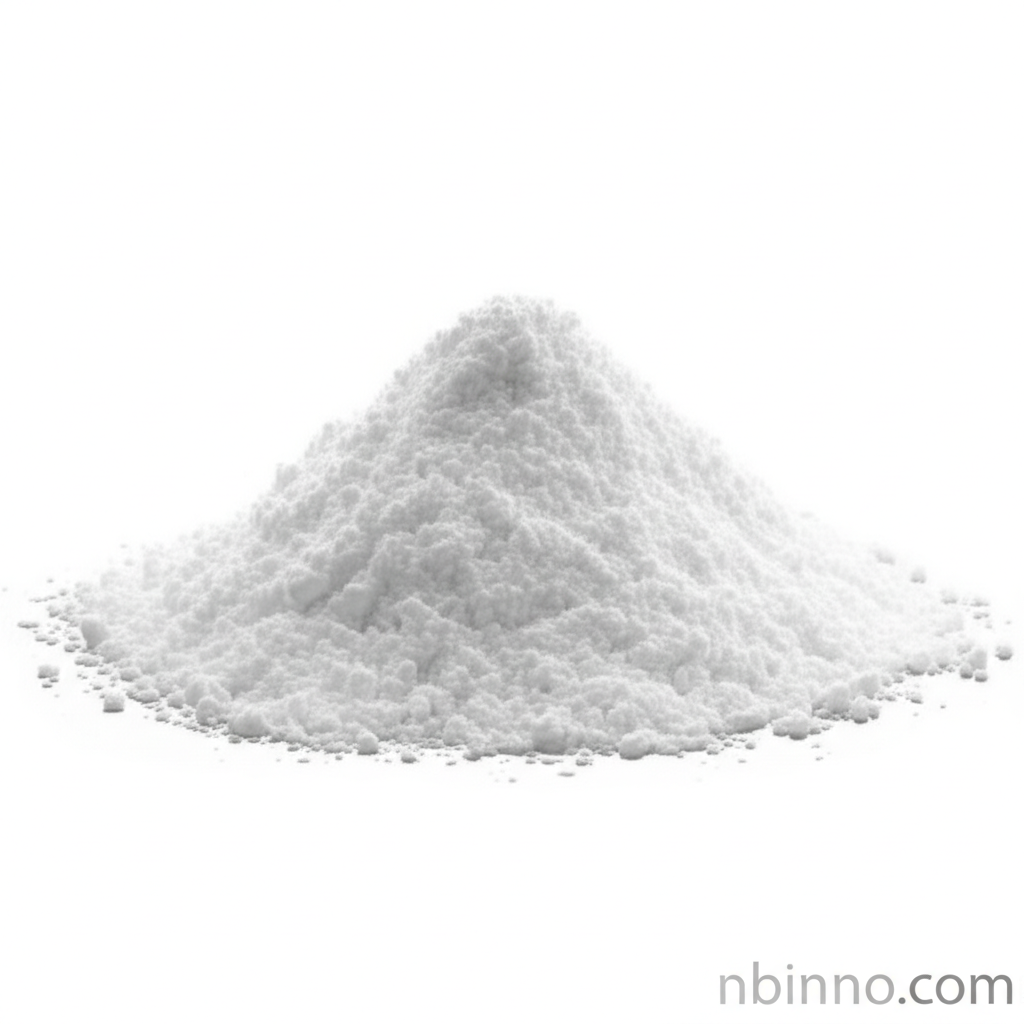Microcrystalline Cellulose: The Versatile Pharmaceutical Excipient for Tablet Formulations
Discover the multifaceted roles and benefits of Microcrystalline Cellulose (MCC) in enhancing pharmaceutical product quality and manufacturing efficiency.
Get a Quote & SampleProduct Core Value

Microcrystalline Cellulose
Microcrystalline Cellulose (MCC) is a crucial plant-derived excipient that has revolutionized pharmaceutical formulation. Its unique physicochemical properties make it an indispensable component in producing high-quality tablets and capsules, offering exceptional binding and disintegrant capabilities that improve drug bioavailability and manufacturing efficiency.
- Explore the excellent binding properties of Microcrystalline Cellulose, a key factor in ensuring tablet integrity and successful direct compression processes.
- Understand the critical role of MCC as a disintegrant, facilitating rapid tablet breakdown for optimal drug release and absorption.
- Learn how MCC's chemical inertness and stability protect active pharmaceutical ingredients, preserving medication efficacy throughout its shelf life.
- Discover the cost-effectiveness and versatility of MCC, making it a preferred choice for simplifying formulations and reducing production costs.
Key Advantages of MCC
Enhanced Tablet Quality
Leverage MCC's high compressibility and strong binding capabilities to create tablets with superior mechanical strength, minimizing breakage and ensuring consistent product quality, a crucial aspect for pharmaceutical grade MCC benefits.
Improved Drug Bioavailability
MCC's function as a disintegrant effectively promotes rapid tablet disintegration, leading to enhanced drug dissolution and improved bioavailability, ensuring medications are delivered effectively to the patient.
Manufacturing Efficiency
With excellent flowability and compatibility with various processes like direct compression, MCC streamlines manufacturing, reduces excipient complexity, and contributes to shorter production cycles, aligning with MCC formulation advantages.
Key Applications
Tablet Manufacturing
As a primary excipient, MCC is the cornerstone for producing tablets, serving as a binder, filler, and disintegrant, crucial for microcrystalline cellulose pharmaceutical excipient requirements.
Capsule Filling
MCC acts as an effective filler in capsules, ensuring accurate dosing and preventing clumping, a vital part of ensuring quality in pharmaceutical formulations.
Oral Solid Dosage Forms
Its versatility extends to a wide range of oral solid dosage forms, where its compressibility and binding properties are essential for creating robust and effective medications.
Dietary Supplements
MCC is widely used in dietary supplements for its binding and bulking properties, supporting the creation of stable and easily consumable supplement forms.
